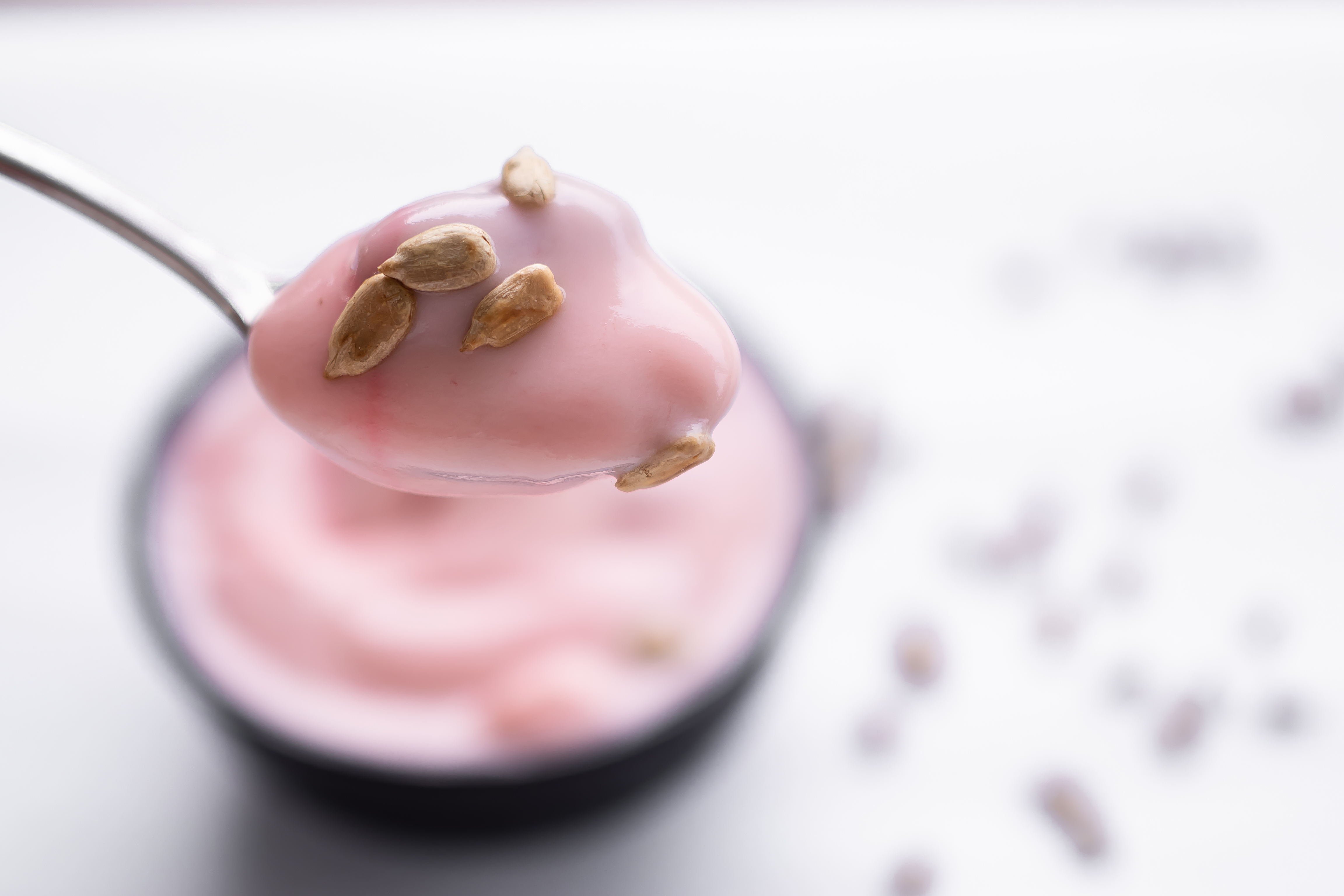Popular Health Foods That Are Actually Junk in Disguise
3. Yogurt: The Hidden Sugar Bomb

Yogurt is often hailed as a probiotic-rich food that supports gut health and digestion. However, not all yogurts are created equal, and many flavored varieties are essentially sugar bombs disguised as health foods. The addition of fruit purees, syrups, and sweeteners can turn a serving of yogurt into a dessert-like treat, with sugar content rivaling that of a candy bar. This high sugar intake can negate the potential health benefits of the probiotics, leading to weight gain and other metabolic issues. The perception of yogurt as a health food is largely due to its association with probiotics and calcium. While these components are beneficial, they are often overshadowed by the excessive sugar found in many commercial brands. The American Heart Association recommends limiting added sugars to no more than 25 grams per day for women and 36 grams for men. Many flavored yogurts contain upwards of 20 grams of sugar per serving, leaving little room for additional sugar intake throughout the day. To avoid the hidden sugar bomb, it is advisable to choose plain, unsweetened yogurt and add your own toppings, such as fresh fruit or a drizzle of honey, to control the sugar content. Greek yogurt is a particularly good option, as it is higher in protein and lower in sugar compared to regular yogurt. By making these small adjustments, you can enjoy the benefits of yogurt without the unwanted sugar overload.
4. Energy Bars: The Misleading Snack

Energy bars are marketed as convenient, nutritious snacks designed to fuel active lifestyles. However, many of these bars are little more than glorified candy bars, packed with sugars and unhealthy fats. The convenience of energy bars often comes at the expense of nutritional quality, with manufacturers prioritizing taste and shelf life over health benefits. As a result, consumers may find themselves consuming excessive calories without the intended nutritional payoff. The misconception that energy bars are inherently healthy is perpetuated by their association with fitness and athleticism. However, a closer look at the ingredient list often reveals high fructose corn syrup, artificial flavors, and preservatives. These components can contribute to inflammation, insulin resistance, and other health issues when consumed regularly. Furthermore, the high sugar content can lead to energy crashes, negating the intended purpose of providing sustained energy. To make more informed choices, it is important to scrutinize the ingredient list and nutritional information of energy bars. Look for options with minimal added sugars, a higher protein content, and natural ingredients. Alternatively, consider making homemade energy bars using whole foods like oats, nuts, and dried fruits. By taking control of your snack choices, you can enjoy the convenience of energy bars without compromising your health.
